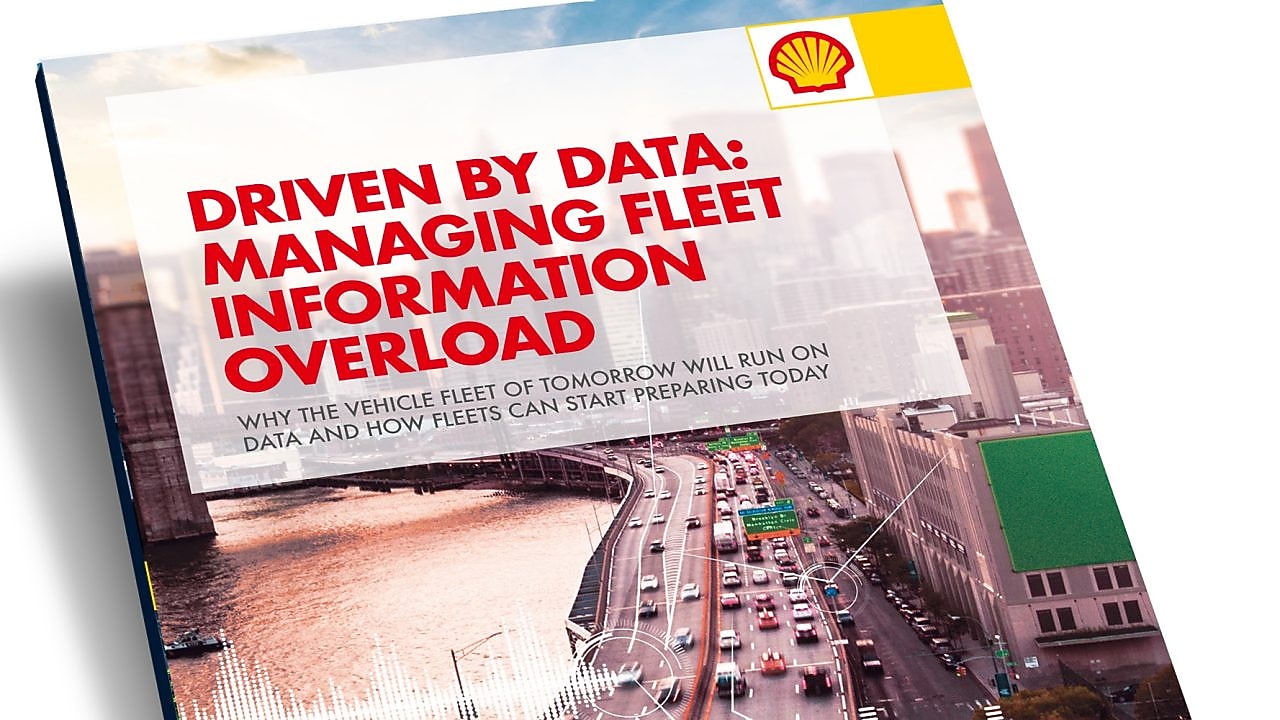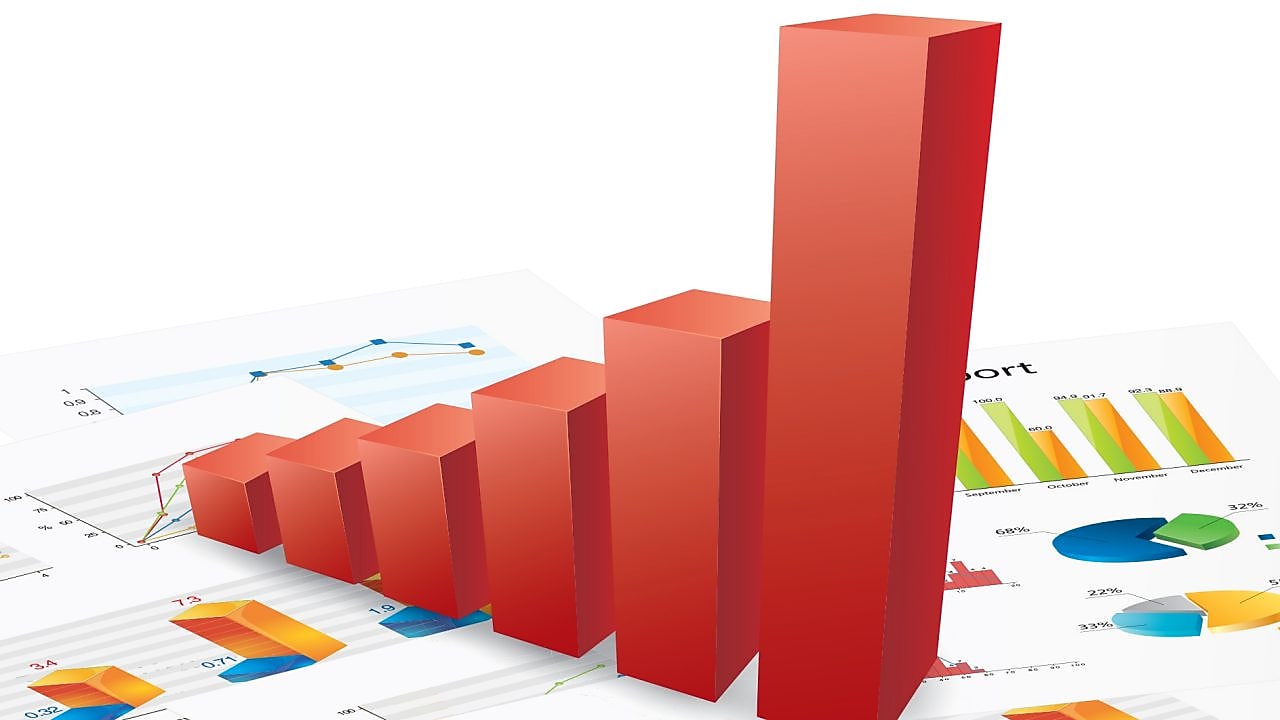
Harnessing data in the fight against fuel fraud
Fuel fraud costs. Everything from over-claiming business mileage to tactics such as filling jerry cans alongside a work vehicle or fuelling a personal car on a company card are known activities, and all have a big impact in terms of company cost.

By Paul Barker on Jun 11, 2019
Internationally, Shell alone puts a figure of $4m (£3.3m) money saved via its detected fraud team, and though there aren’t exact figures for the UK, given that an estimated 25-30% of the cost of operating a vehicle is the cost of fuel, applying that figure to an individual operation means that even a small percentage of savings will have a big impact.
So while those operating vehicle fleets may never completely cut out fraudulent behaviour, there are plenty of preventative methods that professional and intelligently run fleets can put in place.
From paper and pen to digital data
Clearly, there are different levels of systems business might look to implement, but at the simplest level, moving away from a paper-based system is key, according to Ashley Sowerby, managing director of software expert Chevin Fleet Solutions.
“Paper processes are error-prone and inefficient. People might have bad handwriting or memory, and they can lie about the data,” he says. “Paper is just not a professional way to record information.”
The key is having the data to measure in the first place, and the fleet industry is pretty much unanimous in believing that use of a fuel card, rather than drivers claiming for business mileage through expenses, is a logical first step.
At the most basic level, this allows a fleet manager to restrict fuel refills to an allocated vehicle via the card (including Shell’s own fuel card) only being valid for a certain number plate, as well as ring-fencing via geography, certain hours of operation, number of transactions per day and type of fuel. So if you have a diesel-only fleet, for example, drivers won’t be able to fill up their own petrol card on your account. Plus, the likes of consumables such as oil or even car washes can be included or excluded according to the business and driver need.
Measuring is managing
The detailed monthly reports you receive with a fuel card also mean fleets can understand the expenditure each of their drivers creates meaning anomalies can be easily identified. “A fleet will get myriad information from that, not just fuel spend but vehicle utilisation and driver behaviour,” says leasing company Alphabet’s mobility product manager David Bushnell.
Other benefits include enhanced levels of security, with most fuel cards now offering chip and pin technology, and dedicated fraud teams monitoring card activity and alerting customers to any suspicious behaviour. Working in conjunction with one of the fuel card companies’ own cards also gives another layer, as identifying perpetrators is made easier through the forecourt CCTV coverage.

Use tools to compare and contrast fuel usage
But that doesn’t completely solve the issue of inflated mileage claims, which are reportedly the most common type of fuel-related fraud, according to mobility management expert The Miles Consultancy. Though Managing Director Paul Hollick describes most of it as “low level”, he says the firm regularly comes across individuals who seem to regard their monthly mileage claims as a form of "second income”.
“Tricks like rounding up trips to the nearest 10 miles collectively costs fleets millions of pounds per year,” he explains. Though it’s not possible to put an exact figure on the total, he is sure that every business pays over the odds for fuel and mileage.
“Yet fiddles can be virtually stopped in their tracks by enforcing transparent trip reporting in conjunction with an audit process,” Hollick says. “Preventing mileage fraud is about two things: transparency and intervention.”
Using data and software tools can bring a variety of benefits. “It’s especially valuable to a fleet to bring mileage and fuel data together,” says Hollick. “As well as revealing real-world MPGs, CO2 emissions and other vital management information, it is the best way to pinpoint probable cases of fuel theft. It might be someone selling cloned copies of fuel cards, a driver filling their partner’s car or the classic pair of jerry cans in the boot.”
Chevin’s Sowerby agrees, explaining that fleet management software is now sophisticated enough to compare vehicle tank size versus the amount of fuel bought at the pump, and flag up any discrepancy that implies fraudulent behaviour.
Other useful tools include mobile apps and telematics. There are a wealth of apps that can record trips and geo-stamp start and end locations with time and date, giving an easy comparison with claimed journeys, and at a more complicated level, telematics, where tracking devices are stored in vehicles to record location and other vehicle information, can show the full route taken by a driver, along with the additional benefit of feeding the odometer reading back to the system, so drivers aren’t able to deviate from the vehicle’s actual mileage reading.
“Fraud prevention is really only the beginning of what you can do with high-quality mileage data,” concludes TMC’s Hollick. “Mileage information is the bedrock of virtually every aspect of fleet management from understanding real world total cost of mobility to mitigating risk and planning successful strategies for the future.”

